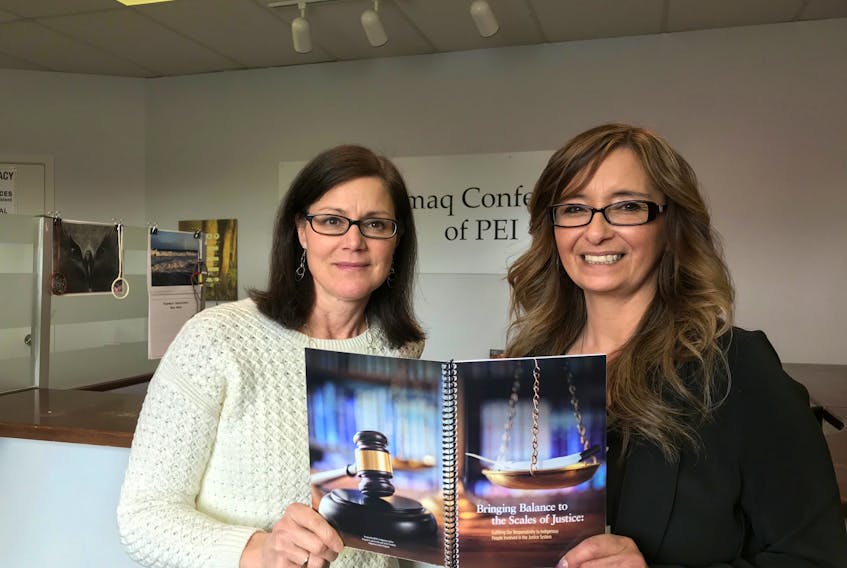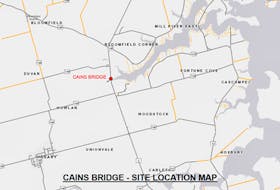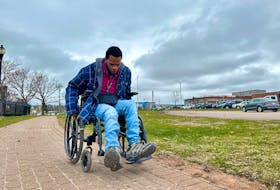The Mi’kmaq Confederacy of P.E.I.’s Indigenous Justice Program has released a resource guide entitled “Bringing Balance to the Scales of Justice”.
The guide provides a general introduction to justice issues for people who work with Indigenous clients in the Atlantic Canadian justice system.
The first half of the guide focuses on an overview of the post-colonial experiences of Indigenous people in Atlantic Canada, explores the reasons for Indigenous overrepresentation in the justice system and reviews efforts to reduce this overrepresentation.
The second half provides insights into traditional Indigenous views on justice and healing and outlines some of the common ceremonial practices that can be successfully integrated into justice programs.
“The guide is our responsibility to Indigenous people involved in the justice system. It is our mandate and goal to help educate the non-Indigenous population on why Indigenous people are over represented in the criminal justice system and what we need to do together to change that.”
-Lori St. Onge
“Indigenous people are over-represented in the Canadian justice system as both offenders and victims of crime,” said Lori St. Onge, director of Indigenous justice at the Mi’kmaq Confederacy of P.E.I.
“It is our hope that this guide will shed light on both the historical circumstances that have led to this situation and the innovative efforts being made to incorporate an Indigenous world-view into our justice system. By implementing restorative justice models, providing offenders with access to traditional cultural practices and ceremonies, and focusing on individual and community healing, there is new hope that we can bring balance to the scales of justice.”
While appreciating that a short publication cannot be all things to all people, the confederacy hopes that this guide will be of use to all participants in the justice system, including police services, court services, victim services and correctional and probation services.
“The guide is our responsibility to Indigenous people involved in the justice system. It is our mandate and goal to help educate the non-Indigenous population on why Indigenous people are over represented in the criminal justice system and what we need to do together to change that,” said St. Onge.









